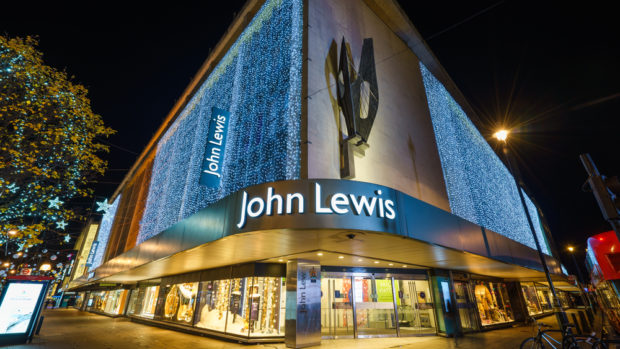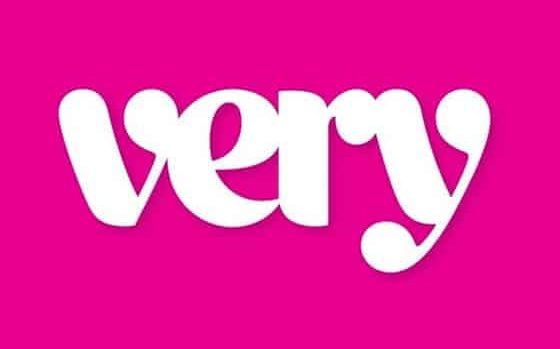Next has delivered half-year sales figures well above market
expectations. Overall, the cataloguer/retailer increased
operating profit by 11 percent, to £212.7 million; profit
after tax rose 14 percent, to £141.7 million. The home
shopping unit, Next Directory, drove much of this growth; its
profit was up nearly 24 percent on last year, which Next calls a
“remarkable performance”.
The performance is all the more remarkable considering that Next
is effectively turning away potential Directory customers, having
tightened its credit requirements in January. The company is also
reducing the credit available to existing customers in order to
curb debt.
Next cites its tighter credit rules, along with economic pressure
on consumers to reduce spending, as a major reason for its
cautious outlook for the rest of the year. But even though Next
says that its new rules will “hold growth in sales
back” in the season, it hopes they will limit bad debt and
damage to the bottom line. And with lenders cutting credit-49
percent of 30 UK banks surveyed by the Bank of England from late
August through mid-September said it would tighten its corporate
credit supply for the rest of the year-other cataloguers may
follow Next’s lead.
Credit where it’s due
Next experienced what it describes as “significant
fraud” online due to customers obtaining credit too easily
and abusing the system. But since January it has seen a
“very significant” drop in fraudulent activity. By
making it tougher for prospective customers to qualify for house
credit, Next is reverting to a strategy that helped the business
out of similar difficulties in 1999.
Of course, 1999 was a different era in home shopping. Traditional
mail order meant “big books” and “agents”
visiting neighbours or friends to place orders on their behalf
that would be paid by weekly instalments. Despite the presence of
cataloguers such as Boden and Charles Tyrwhitt, mail order was
still largely seen as a lower-class way to shop, with little
allure for wealthier segments of society. Fast-forward to today’s
niche offerings catering to the cash-rich, time-poor demographic
that has little need for traditional credit plans and instalment
pay schedules.
Nevertheless, numerous cataloguers still offer credit and are
profiting from it. Findel, for example, whose core Studio and Ace
brands target customers with credit accounts, saw sales from
those titles rise 5 percent this year. When its preliminary
results were issued in May, Findel remained confident about its
credit business and said that in the first few weeks of the
current financial year sales were 7 percent ahead of the same
period last year, despite spending £5 million less on
marketing. Bad debt remained in line with “budgeted
levels” at 8 percent of sales.
Although the threat of bad debt has led Next to be more cautious
in handing out credit, N Brown’s financial director Dean Moore
says that the risks remain low. With its JD Williams family of
brands, N Brown offers customers the option of paying with a
credit/debit card or taking up credit. “New customers will
typically start with a credit limit of only £100,”
Moore told Catalogue/e-business, “and this only
subsequently rises with higher levels of sales volume and, more
importantly, on satisfactory payment history. It should also be
remembered that our debt, which averages around £230 per
account, represents probably a very small part of our customers’
overall ability to pay”.
Like Next, Moore said, N Brown had originally turned away
customers rather than take this risk. Two years ago, though, it
introduced “in-house antifraud systems” that have
allowed N Brown to “eliminate fraudulent activity, monitor
customer behaviour on an individual basis over time and actively
manage our credit policy on a day-to-day basis,” Moore
explained.
“The system uses basic information such as multiple
addresses, names and postcode variations to track known fraudster
activity and to identify the more-typical purchases that
fraudsters tend to make–e.g. cameras, phones etc,” Moore
continued. With N Brown better able to effectively target
customers more likely to be profitable and to screen those more
prone to debt, “the overall higher level of profitability
allowed us to accept the higher level of bad debt which
accompanies these sales”.
Ironically, because N Brown’s customer base is older and less
affluent than that of Next, the JD Williams brands may actually
be less threatened by the credit crunch than Next, whose
middle-class audience might be more likely to be overextended
financially. As Moore noted, N Brown’s customers have “low
exposure to interest rates, unemployment and inflationary
issues”.
And while mortgage companies in particular are screening
applicants more carefully, the same Bank of England survey that
warned of lending restrictions for businesses is more sanguine
regarding consumer credit: The participating banks hadn’t
dramatically cut credit to households and weren’t expecting to do
so for the remaining quarter of 2007.








Share